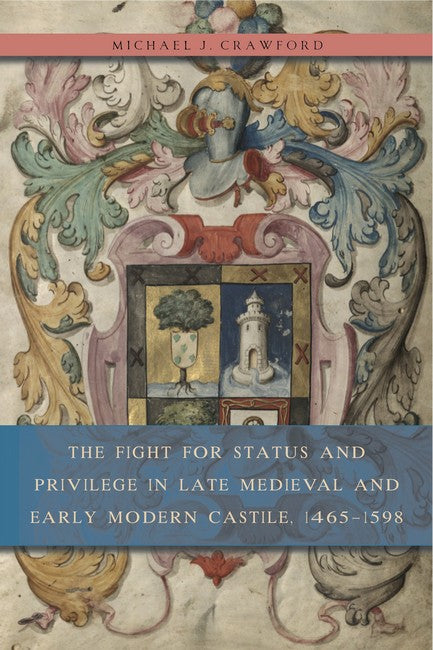Contents
List of Illustrations
Acknowledgments
A Note on the Text
Introduction: The Status of Hidalgo as a Social Claim
1 The Constitution of Privilege: Royal Granting, Revoking, and Recognizing of Hidalguía
2 The Economic and Political Value of Status
3 Migration, Resettlement, and Status
4 Anatomy of a Lawsuit of Hidalguía
5 Social Networks and Privilege
6 Justice and Malfeasance at the Tribunal of the Hidalgos
Conclusion
Notes
Bibliography
Index

